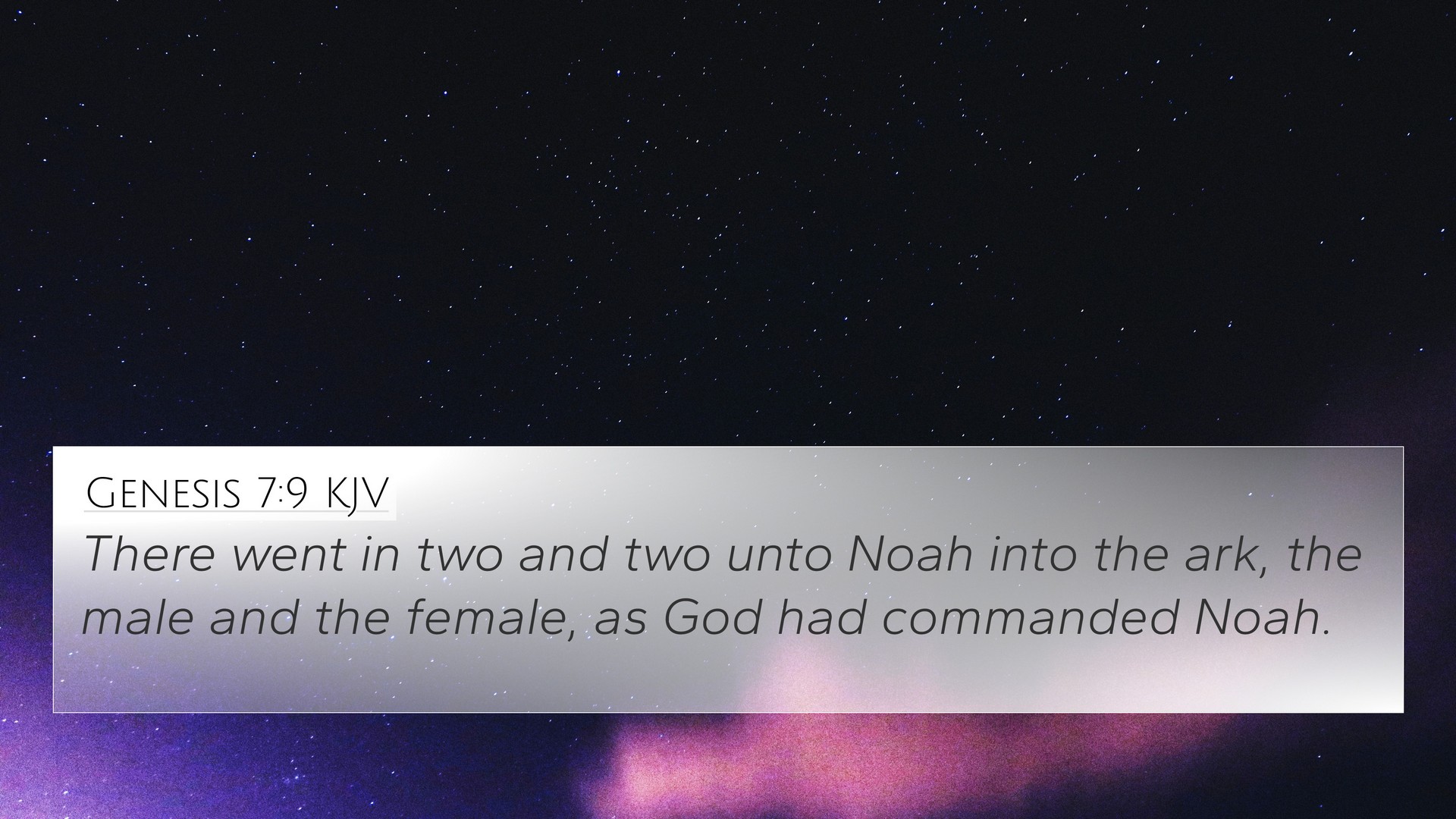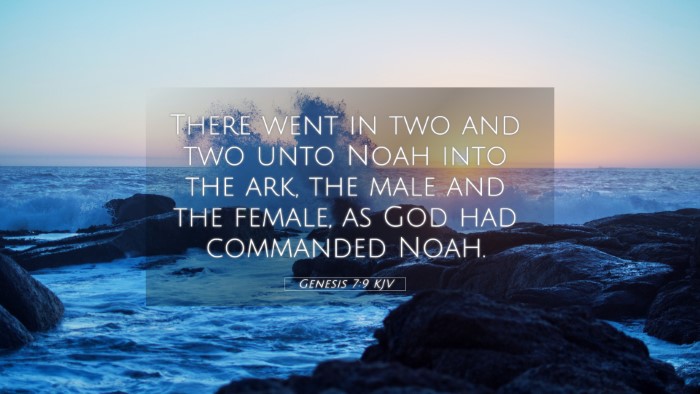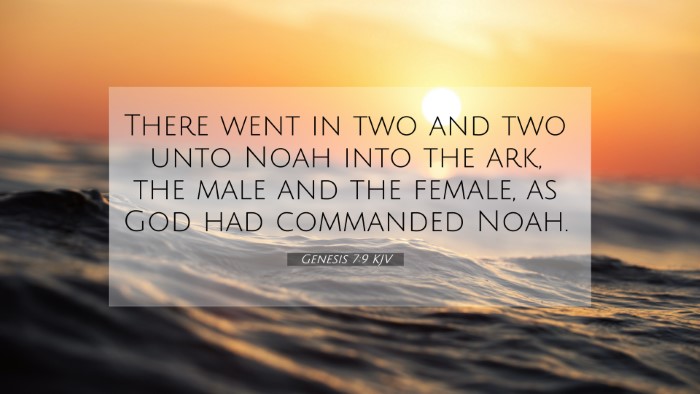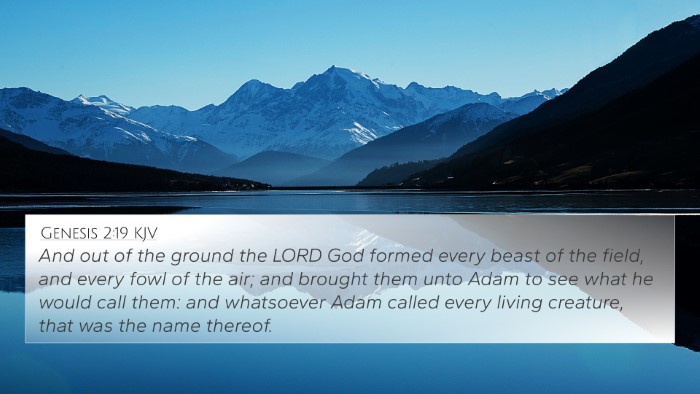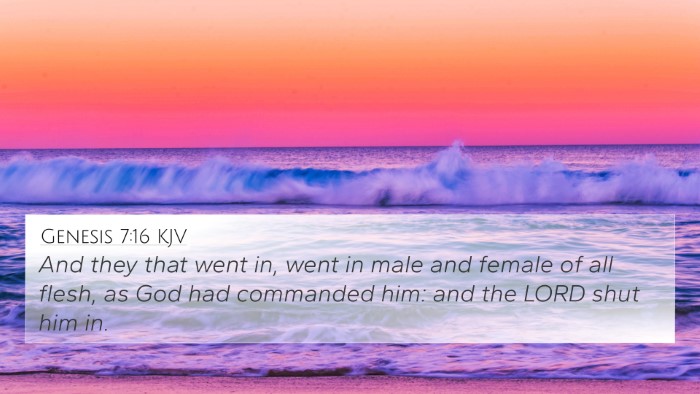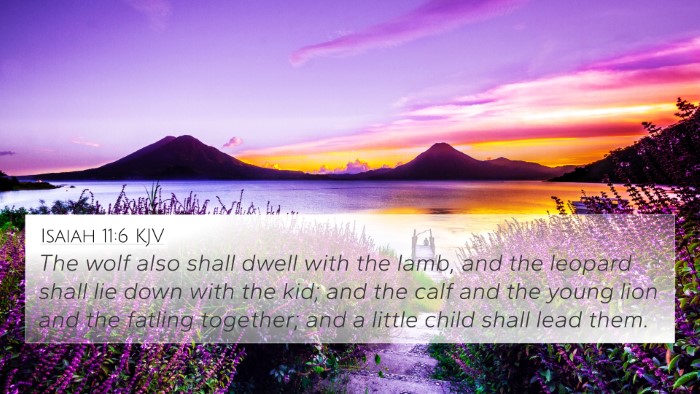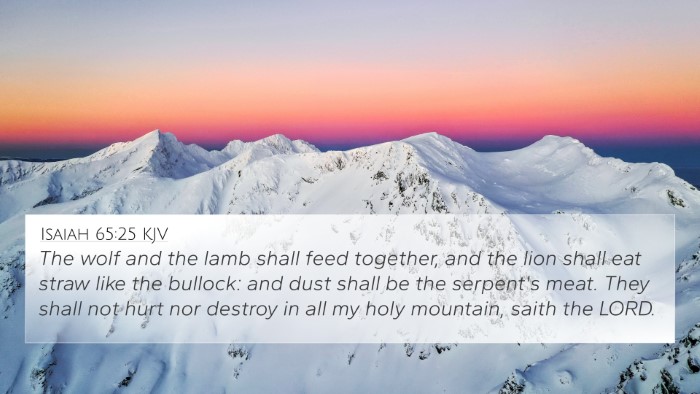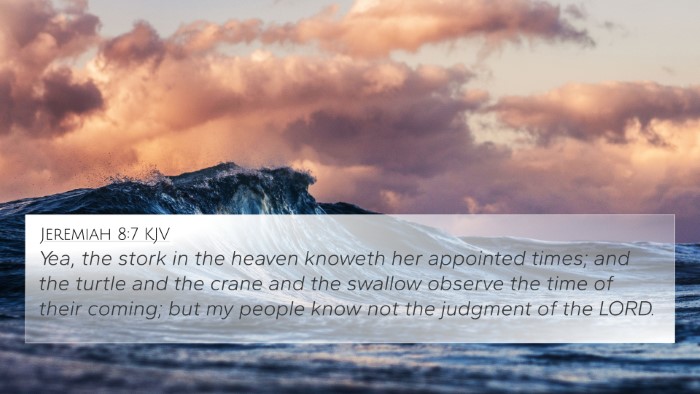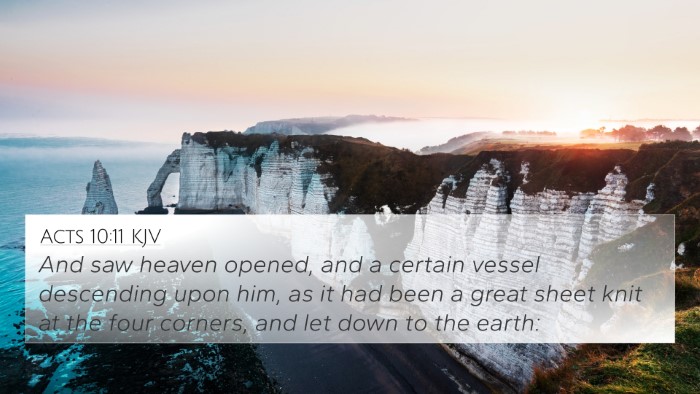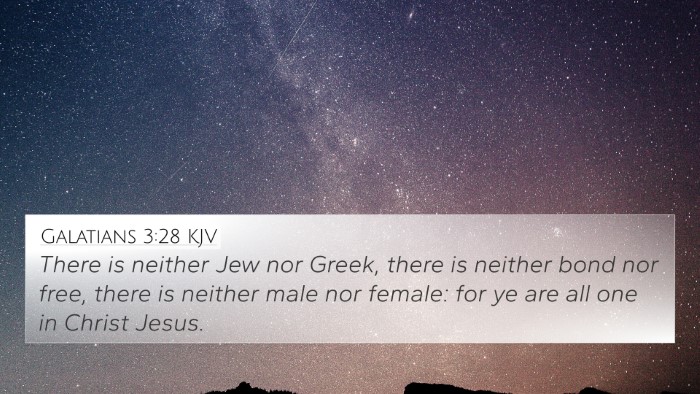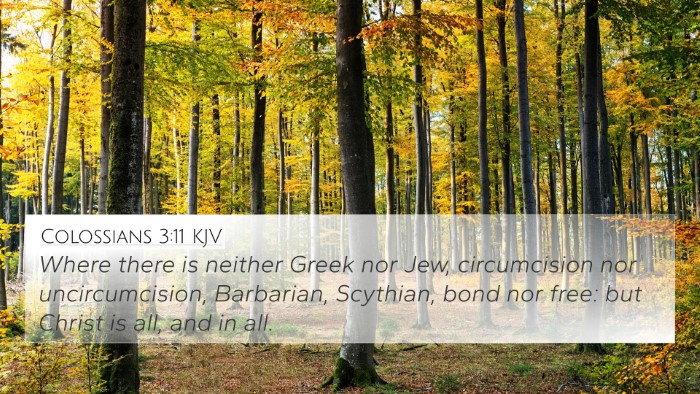Understanding Genesis 7:9
Genesis 7:9 (KJV): "There went in two and two unto Noah into the ark, the male and the female, as God had commanded Noah."
This verse describes the obedient entrance of the animals into Noah's Ark, fulfilling God's command as part of His divine plan to preserve life during the Flood. The significance of this moment reflects broader theological themes found throughout Scripture.
Commentary Insights
Matthew Henry: Matthew Henry emphasizes the obedience of the animals, highlighting that they came to Noah without hesitation as God commanded. This obedience serves as a contrast to humanity's rebellion against God. Henry notes that God's sovereignty is evident as He directs each species to enter the Ark, showcasing His power over creation.
Albert Barnes: Barnes underscores the role of divine command in the context of Noah’s faithfulness. He remarks on how the order given by God is followed precisely, indicating the animal nature created by God that complies with His will. This event links to the broader theme of God's protection over His faithful servants, assuring Noah of his role in humanity's preservation.
Adam Clarke: Clarke points out the methodical nature of God's instructions and Noah's execution of these commands. He comments on the importance of noting that both male and female entered, which is crucial for the continuation of the species post-Flood. Clarke also draws parallels to God's covenant with Noah that emphasizes not only preservation but a new beginning for creation.
Thematic Connections
This verse serves as a nexus for understanding several critical themes in the Bible, including obedience, divine sovereignty, and preservation of life. These themes manifest in other biblical passages, allowing for deeper exploration through cross-referencing.
Cross-References
- Genesis 6:19-20: God commands Noah to bring every living thing into the Ark.
- Hebrews 11:7: Noah’s faith and obedience amid a skeptical world.
- Matthew 24:38-39: The reference to eating and drinking prior to the flood serves as a moral lesson.
- 2 Peter 2:5: Noah is referred to as a preacher of righteousness.
- Genesis 8:16-17: God commands Noah to leave the Ark and populate the earth.
- Leviticus 11: Categories of clean and unclean animals come from this account.
- Psalms 145:9: God preserves all living things, reinforcing the reason behind the Ark's purpose.
- Revelation 4:11: Highlights God's creation and His worthiness to receive glory.
- Isaiah 54:9-10: God's promise never to flood the Earth again ties to His covenant with Noah.
- Romans 8:19-22: The creation waits in hope for God's redemptive plan, which is foreshadowed here.
Comparative Bible Verse Analysis
The entrance of animals into Noah’s Ark not only reflects obedience but sets a foundation for comparing similar instances of divine instruction throughout Scripture.
For example, the concept of entering into a protective space is echoed in the New Testament with passages such as:
- John 10:9: Jesus refers to Himself as the door of the sheep, providing safety for His followers.
- Acts 16:31: The promise of salvation to those who believe signifies protection akin to Noah's experience.
Linking Bible Scriptures
The connections between Genesis 7:9 and other scriptures highlight a divine thread that weaves through the biblical narrative, emphasizing God's faithfulness. By using tools for Bible cross-referencing, one can explore the thematic links that enrich understanding:
Identifying Connections Between the Old and New Testament
Genesis 7:9 lays the groundwork for understanding God's plan across Testaments; the cross-references reveal a pattern of divine intervention where God preserves His people and the creation itself.
Detailed Cross-Reference Methods
To conduct a comparative study, one may utilize a Bible concordance or a Bible cross-reference guide, charting the parallels and prophetic fulfillments from the Old to the New Testament. Resources like comprehensive cross-reference materials are valuable in discovering deeper insights into these connections.
Conclusion
Genesis 7:9 stands not only as a moment of obedience and divine command but as a pivotal point for thematic exploration throughout Scripture. This verse, when examined through the lens of cross-references, sheds light on the attributes of God’s character — His sovereignty, His mercy, and His righteous judgment. By delving into scriptural connections, believers can appreciate the continuous narrative of faith, preservation, and hope woven through the Bible.
